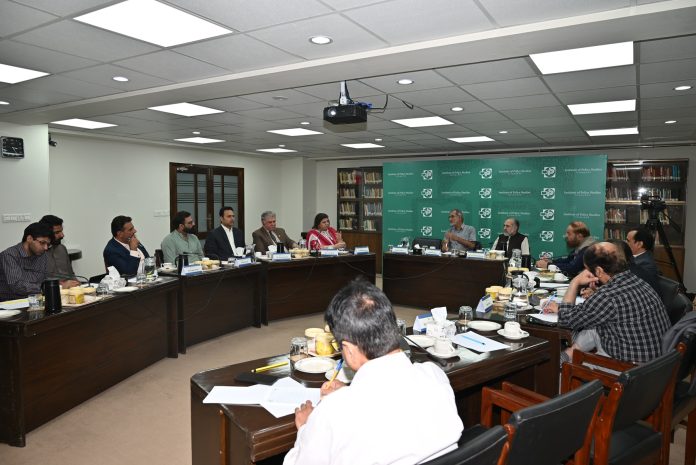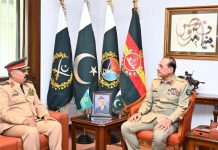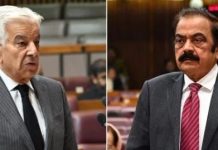ISLAMABAD, NOV 6 (DNA): The complexities in Pakistan-Afghanistan relations and the deep-seated structural flaws within the Taliban regime, such as the lack of a well-defined authority structure, political fragmentation, absence of credible action against the TTP, a tilt towards India, and divisive media narratives, have prevented the two countries from realizing the full potential of their relationship and have contributed to recent border hostilities.
Addressing these challenges will require sustained political will, the establishment of verifiable engagement mechanisms, and a shift from reactive to strategic diplomacy grounded in a balanced, mutually respectful, and forward-looking approach. This should be characterized by effective communication, cooperation, sensitivity to each other’s national concerns, and a shared focus on regional interests.
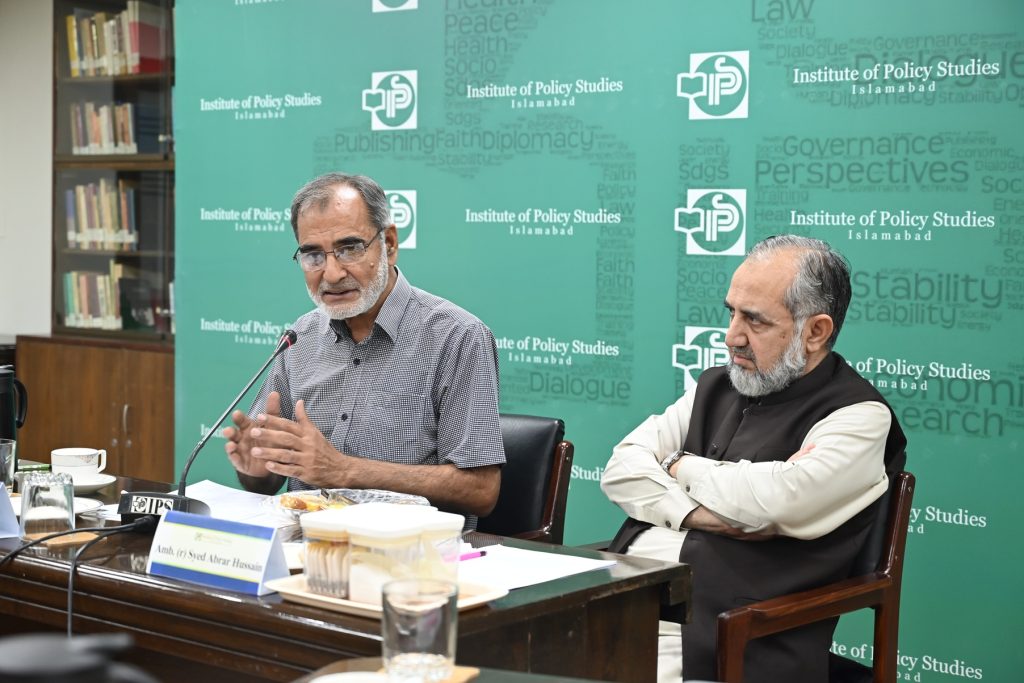
These views were expressed at a roundtable discussion titled ‘Pakistan-Afghanistan Relations: A Multidimensional View,’ organized by the Institute of Policy Studies (IPS), Islamabad, which brought together diplomats, academics, defense analysts, and journalists.
The speakers included Khalid Rahman, chairman IPS, Ambassador (r) Syed Abrar Hussain, vice-chairman IPS, Prof Dr Shabana Fiaz, HOD Defence and Strategic Studies, QAU, Major General (r) Inam-ul-Haque, international affairs expert, Brigadier (r) Said Nazir, defense analyst, Tahir Khan, a journalist, Dr Ashraf Ali, security and political analyst, Dr Abdullah Khan, managing director at PICSS, Salman Javed, director general South Asia Times, Dr Khuram Iqbal, associate professor, National Institute of Intelligence and Security Studies, QAU, and Dr Faisal Javaid, HOD International Relations, FUUAST, Islamabad.
Participants observed that since the Taliban’s takeover of Kabul in August 2021, the group has been transitioning from a religious movement to a nationalist force seeking legitimacy at home and abroad amid an apparent disconnect with its population. Meanwhile, Pakistan has exercised “strategic patience” as a conduit for engagement. The discussion emphasized that both sides must reframe their narratives, strengthen institutional linkages across political, defense, economic, and cultural domains, and craft a sustainable framework rooted in mutual respect and shared regional stability.
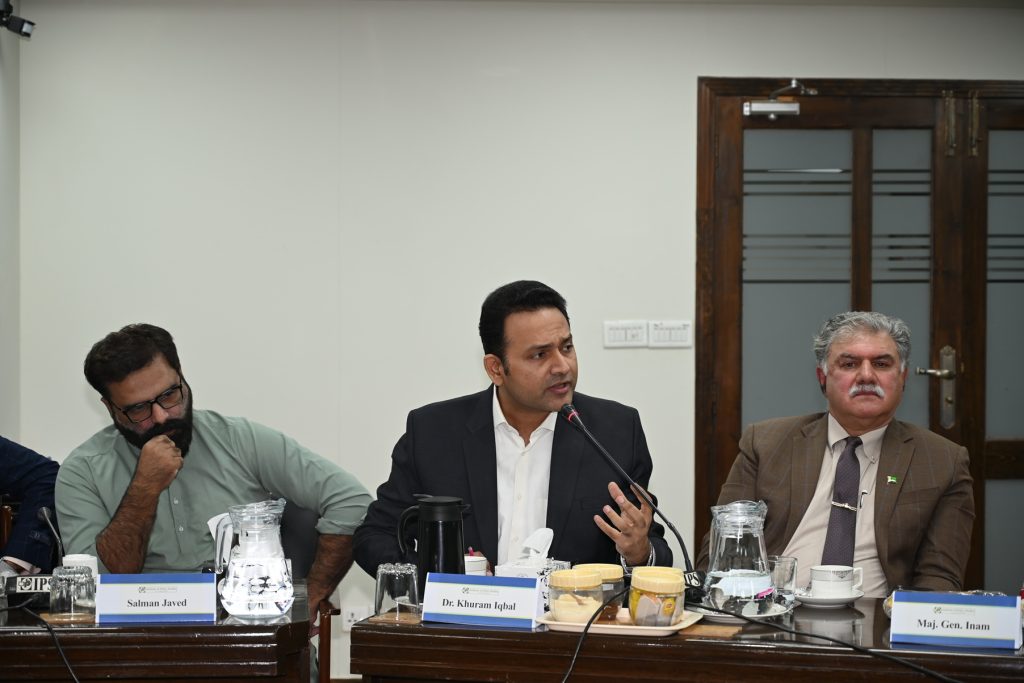
The speakers noted that the contours of Pakistan-Afghanistan relations rest on five fundamental pillars: political, defense, economic, people-to-people interaction, and culture. While the two countries have made advancements in the last three domains, they have consistently fallen short of replicating the impact of these gains in the political and defense arenas for decades.
Underpinning these issues are structural shortcomings such as the absence of a distinct authority structure in Afghanistan, which became evident during the recent negotiations between Islamabad and Kabul in Istanbul. This has hindered the Afghan authorities’ ability to formulate a consensus-based Pakistan policy, leading to further deterioration in relations. Another key limitation is the oversensitization of critical issues that affect both countries’ national interests, which fuels negative sentiments and deepens the trust deficit between the two sides.
Despite these constraints, participants expressed optimism that Pakistan and Afghanistan can still craft and exercise a workable relationship grounded in mutual respect, shared interests, and regional security. However, they emphasized that Pakistan must remain cautious in its future engagements regarding threats emanating from Afghan territory, especially those of a non-conventional nature, such as India-backed proxies or potential water-related conflicts. In this regard, Pakistan needs to establish an engagement mechanism with the Afghan Taliban that includes tangible and verifiable guarantees to address Islamabad’s security concerns proactively.
The speakers also underscored that trade and politics should be treated as separate domains. At the regional level, Pakistan should establish economic and security stakes for key regional countries, particularly China and Russia, while reinforcing the non-recognition of the Afghan Taliban due to their failure to thwart the TTP and other militant groups from conducting terrorist activities in Pakistan. Meanwhile, the media from both sides need to play a constructive role by constantly projecting the confidence-building measures and promoting narratives of cooperation.

